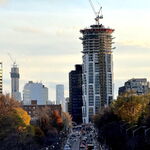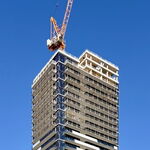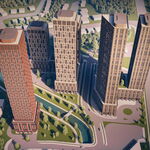insertrealname
Active Member
The government can overturn OMB decisions, not the other way around. The OMB isn't the development rubber stamp you seem to think it is.
Surely, though, the developers can make an appeal about OP decisions (at whatever level: municipal or provincial) to the OMB? After all, these are administrative decisions, there has to be some recourse--the OP is not approved simply through fiat!
And no, I don't assume the OMB is a rubber stamp. But its process is a highly legalistic one, and results don't necessarily reflect good planning.




